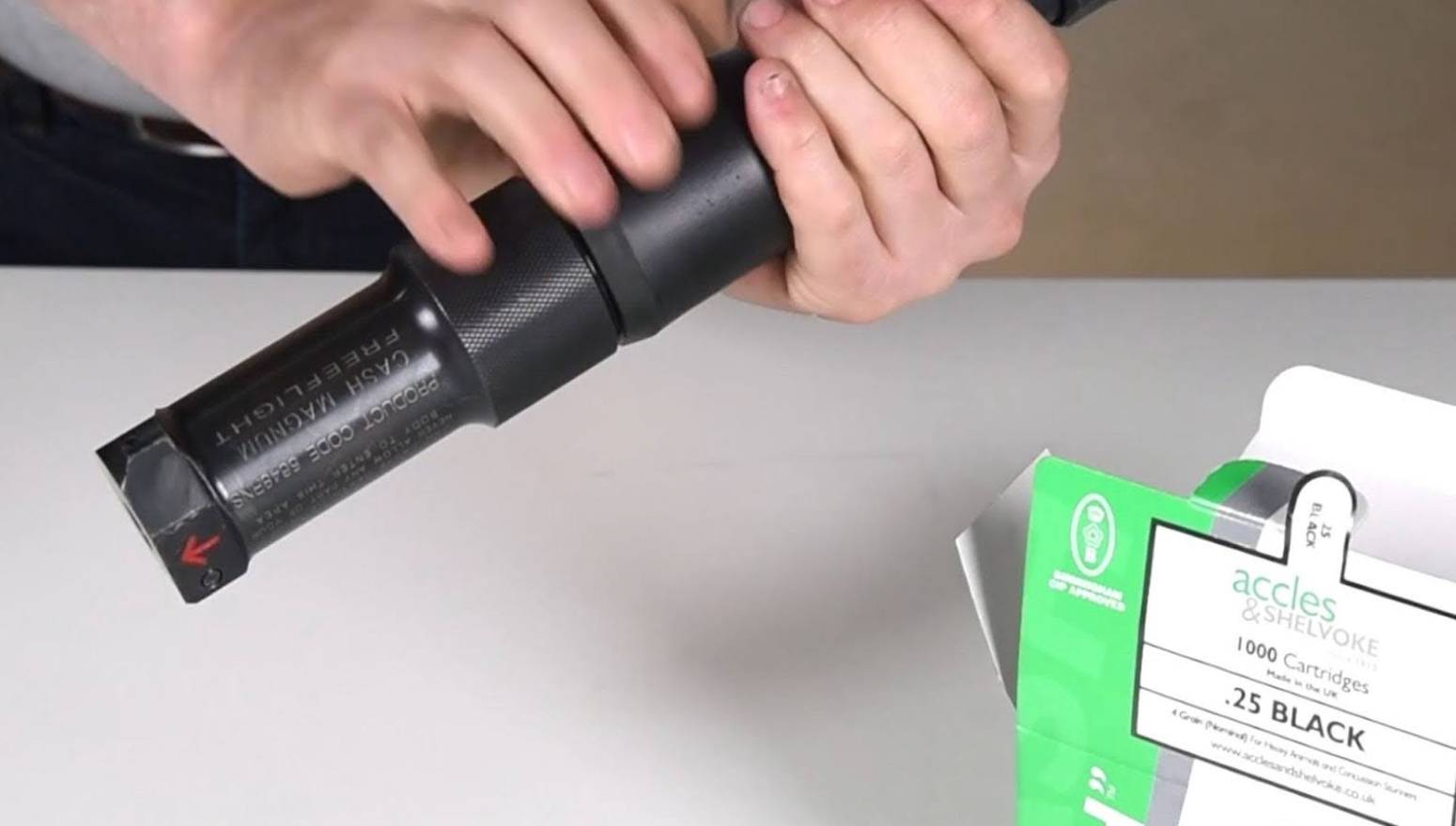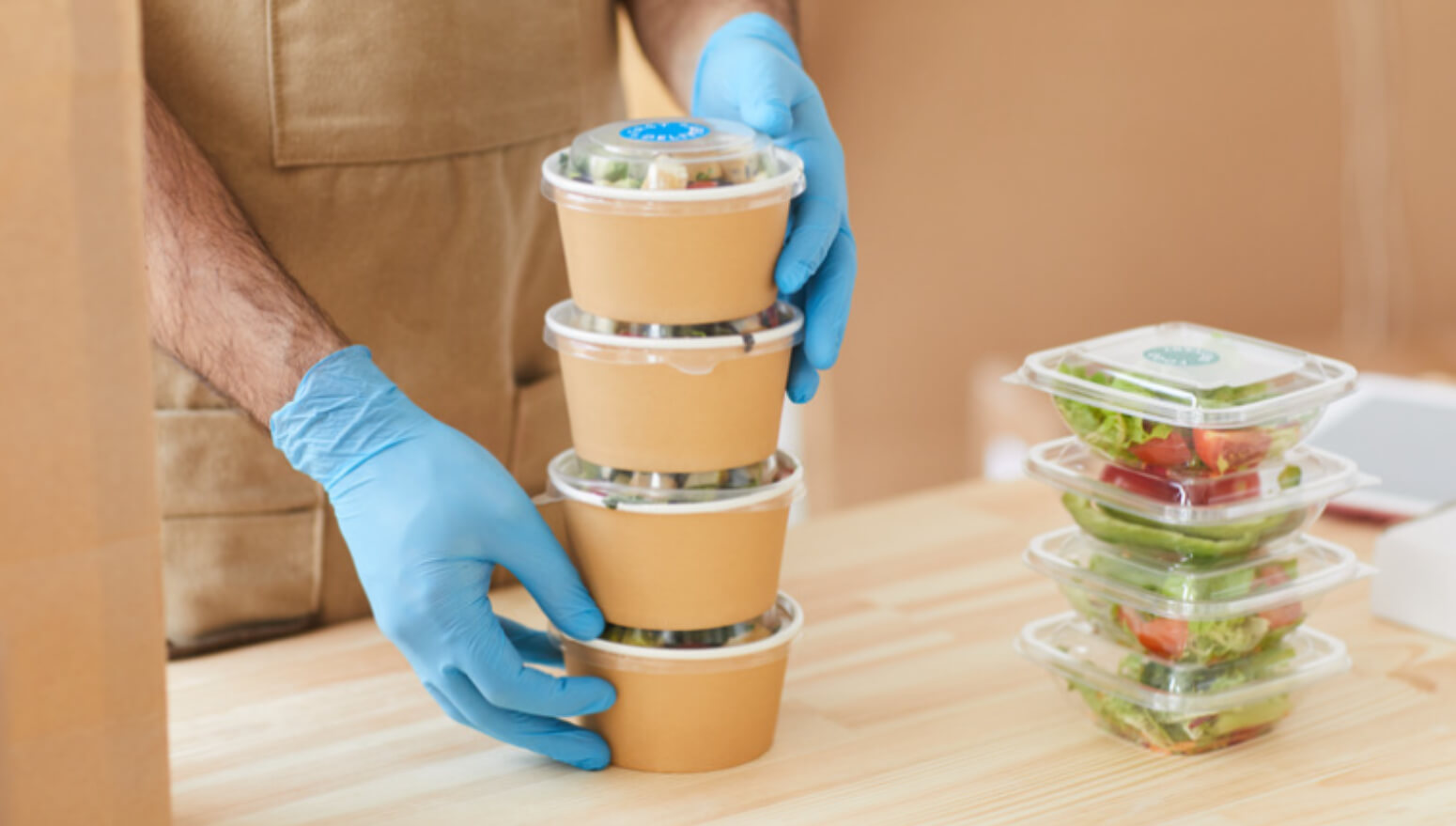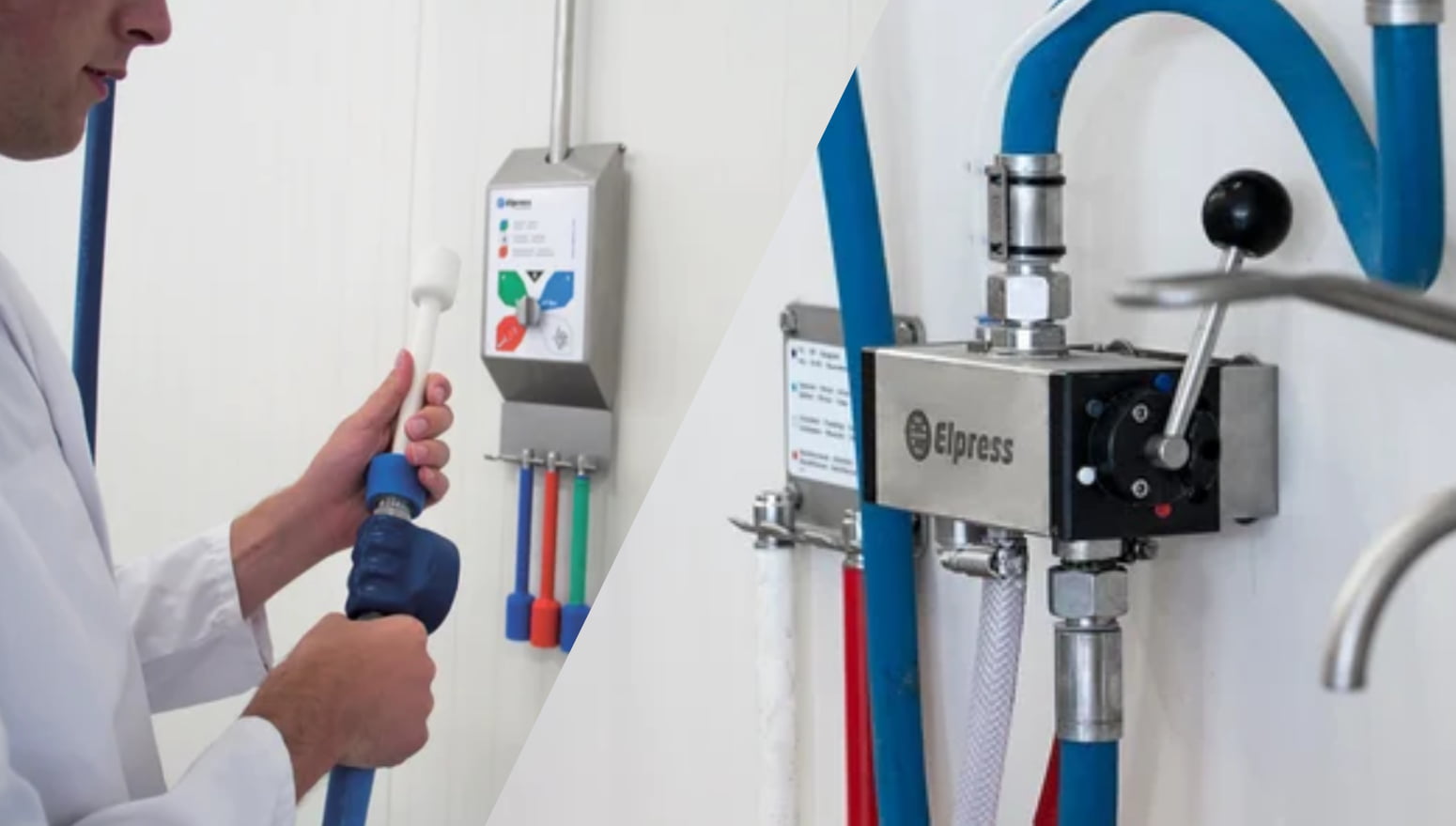With the increasing effects of climate change, the topic of sustainability couldn’t be more prominent. Across every industry, businesses are working to reduce waste and greenhouse gas emissions. But what does sustainability look like for the food manufacturing industry, especially with an ever-growing population?
Sustainable food manufacturing involves a number of factors but overall is about how food is produced, distributed and packaged. For food businesses, one aspect of this is adopting processes that are more eco-friendly along with food processing equipment that is energy-efficient.
To learn more about sustainable food manufacturing today and ways to make your food production line more eco-friendly, keep reading.
Overview:
What is sustainable food manufacturing?
Sustainable food manufacturing is a broad and complex topic, and an important discussion for producers and leaders the world over. On a basic level, it involves using processes and systems that:
- Conserve natural resources
- Are economically & energy efficient
- Are non-polluting
- Do not compromise the needs of future generations
- Reduce waste production
Consumers are becoming increasingly environmentally conscious, and this is reflected in the products and brands they buy. In fact, a study from Nielson found that 66% of consumers are happy to spend more money on brands that are embracing eco-friendly and sustainable practices.
As a result, businesses both within and outside of the food industry are seeking ways to reduce their carbon footprint.
How to embrace sustainable food manufacturing: 4 tips
As a food manufacturer, how do you meet the challenge of sustainability? Here are a few things to consider:
1. Sustainable packaging
When it comes to sustainable food packaging, there are a variety of options. You can choose from biodegradable, recyclable (such as paper or glass) and compostable materials. Just ensure your food packaging machine is fully equipped to handle any type of material before you make the switch.
2. Reduce food waste
Reducing food waste is important in the food industry for a number of economical, environmental and social reasons. Put simply, minimising waste means more can be produced with less. For example, top-of-the-range skinning machines are able to separate skins from meat more efficiently and with less waste than traditional manual methods. This means more meat is available for further processing and/or packaging, and subsequently for the consumer to enjoy.
Modern food manufacturing technologies allow for maximum yields and minimum waste. For example, AMTek Microwave machines are revolutionising how frozen product is tempered or defrosted. Microwave tempering equipment is:
- Eliminating the need for large tempering rooms,
- Minimising drip loss, and
- Accelerating the tempering process from days to minutes.
Not only does this reduce food wastage, it reduces time wastage!
3. Ensure your machinery is energy-efficient
One way to adopt sustainable food manufacturing practices is to ensure your food systems and machinery are energy-efficient. This means reducing your energy waste to help lower greenhouse gas emissions.
Make sure your equipment is routinely checked and meets industry standards. This will not only extend the life of your equipment (which reduces future waste) but will make sure your machinery is not consuming more energy than it needs. From your meat processing machines to your food inspection equipment, you may need to service or upgrade your equipment to ensure optimum efficiency.
Leaders in the field, Eagle PI, offer this advice for those looking to optimise their X-Ray inspection processes: “When it comes to the use of X-Ray machines for food inspection, look for energy-efficient features like low power generators, high gain detection systems and smart designs that eliminate the need for lead shielding curtains.”
4. Conserve water
For a safe and sanitised food plant, machinery and equipment must be cleaned regularly. Workers also need to ensure they’re following the best sanitary practices. Although essential, this can consume a large quantity of water. This is why you need to ensure your food processing cleaning equipment is efficient, using only what chemicals and water is required to do the job well.
Elpress is a leading industrial hygiene equipment manufacturer and ahead of the pack in terms of efficient water usage and sensor-operated chemical release. We’re proud to supply their machines here at FPE.
Whether it’s cleaning, inspection, or processing equipment, when you order with FPE, you receive comprehensive customer support, including spare parts supply, equipment training and maintenance. Our Eagle X-Ray machine customers also have access to a 24-hour helpline to provide total peace of mind.
Contact FPE today to learn more about sustainable food production and equipment for your food company.






